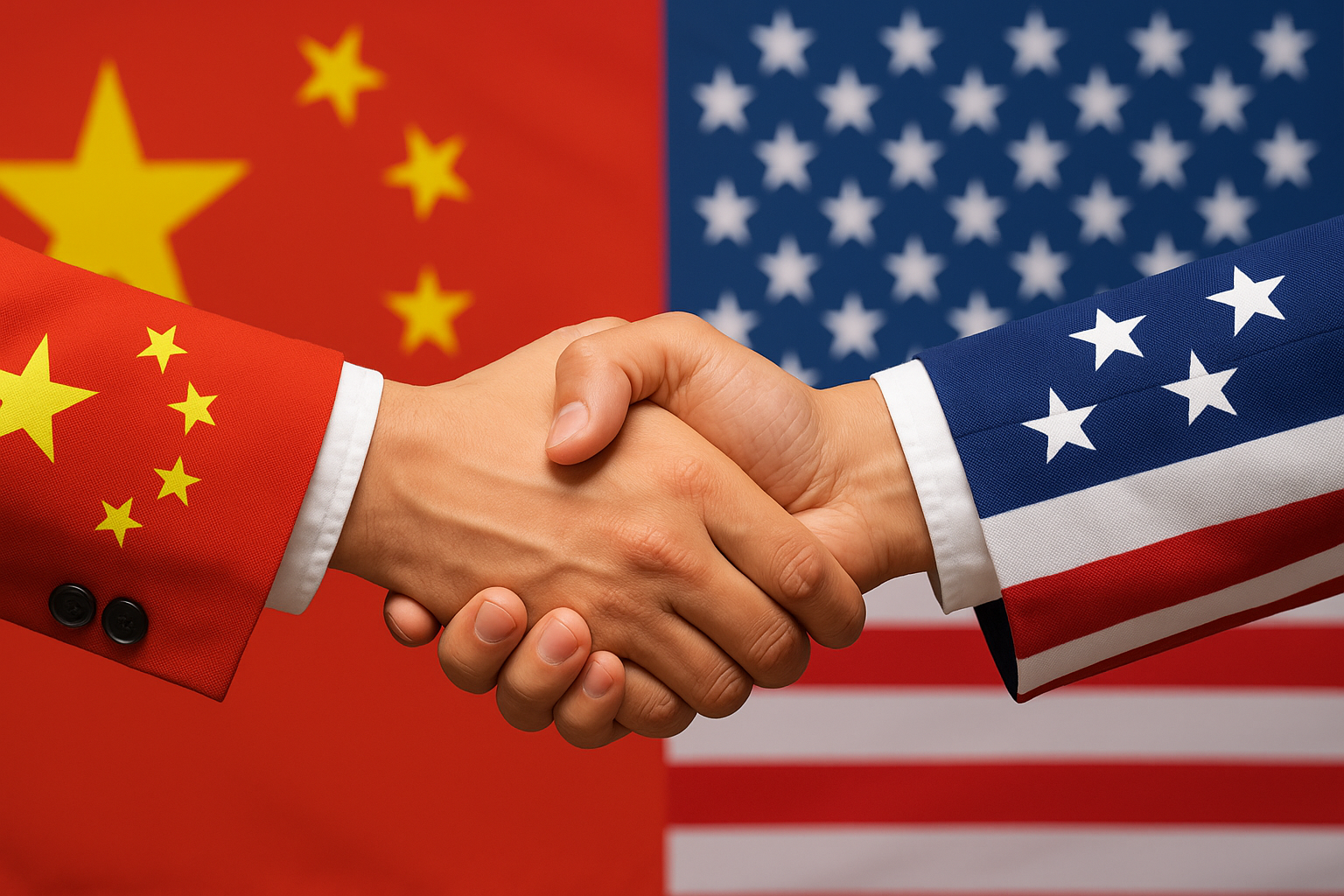China and US Suspend Port Fees for One Year

China and the United States have agreed to suspend their reciprocal port fees for a year, a move welcomed by many in the shipping industry. However, several U.S. trade unions have criticized the Trump administration for walking back on a policy designed to strengthen domestic shipbuilding.
The tariffs, imposed by both nations on October 14, officially ended today at 13:01 Beijing time, following a recent summit between Donald Trump and Chinese President Xi Jinping.
The U.S. trade representative had initially introduced the port fee measure as a way to counter China’s dominance in global shipbuilding and to boost American maritime manufacturing.
A number of American labor unions condemned Trump’s decision to agree to the suspension.
”Following this retreat, workers who know all too well the boom-and-bust nature of American shipbuilding are again being pushed aside, even as new commercial orders — worth billions of dollars — flow back into Chinese shipyards,” the unions said in a joint statement.
Their frustration contrasted sharply with the reaction of major shipping organizations and U.S. import-export associations, which have praised the decision, expressing hope that the one-year pause might lead to a permanent removal of the fees.
Despite this optimism, uncertainty remains. Both Democratic and Republican leaders continue to emphasize rebuilding America’s shipbuilding capacity, leaving the future of the policy open to debate.
“Although the US-China pause on tariffs and port fees is a welcome breather, it is hard not to think that the genie has escaped the bottle; ships and shipyards will likely be a key feature of the US-China great power struggle,” analysts at broker Hartland wrote in their latest weekly report.
“In the current geopolitical climate, sudden U-turns are hardly uncommon, and a one-year truce feels more like a tactical pause than a lasting peace,” broker Braemar noted in a recent analysis.